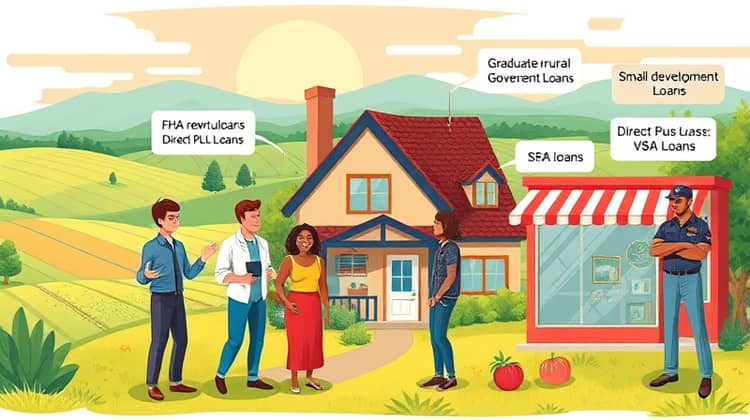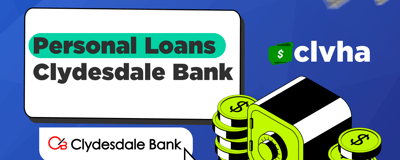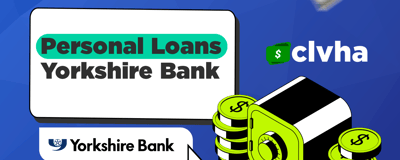Navigating the landscape of government loans can be daunting, especially for those unfamiliar with the variety of options available. These loans provide crucial financial support for individuals and businesses, helping to stimulate economic growth and improve living standards. In this article, we will explore the different types of government loans available and outline the qualifications necessary to secure one.
Understanding the types of government loans can empower you to make informed decisions and find the right financial product for your needs. Whether you're looking for funding for education, housing, or business ventures, knowing what’s out there is the first step towards attaining your financial goals.
Types of Government Loans

Government loans come in various forms, each designed to assist specific needs and demographics. These loans are often offered at lower interest rates and with more favorable terms than traditional loans, making them an attractive option for many borrowers.
Some of the most common types of government loans include those for home mortgages, student loans, and business funding. Each type has distinct features and eligibility criteria that determine who can apply and benefit from them.
- Federal Housing Administration (FHA) Loans
- Veterans Affairs (VA) Loans
- Small Business Administration (SBA) Loans
- Direct PLUS Loans for graduate students
- USDA Rural Development Loans
It is essential to research the specifics of each loan type to understand the unique benefits and potential drawbacks based on your financial situation. By selecting the right kind of government loan, you can effectively meet your financial needs and goals.
How to Qualify for Government Loans

Qualifying for government loans typically requires meeting certain eligibility criteria, which can vary significantly between loan types. It is crucial to understand these requirements to improve your chances of approval.
Most government loans will assess your credit score, income, debt-to-income ratio, and other financial indicators to determine your eligibility. Preparing the necessary documentation, such as tax returns and proof of income, is a key step in this process.
- Check your credit score and improve it if necessary
- Gather necessary documents, including proof of income and tax returns
- Determine the loan type you wish to apply for
- Research specific eligibility requirements for that type of loan
- Complete the loan application process in full, following any guidelines provided
While the process may seem overwhelming at times, taking these steps systematically will increase your chances of successfully obtaining a government loan. Ensure that you stay organized and proactive during your application journey.
Conclusion

Understanding the landscape of government loans can open doors to essential resources for funding education, starting or expanding a business, or purchasing a home. These loans are designed to support eligible borrowers in achieving their financial aspirations, making them a valuable tool for many individuals.
As you navigate the various options available, remember that thorough research and preparation can significantly enhance your chances of securing the financial support you need. Whether it's familiarizing yourself with different loan types or gathering the necessary documentation, every step counts in the journey towards financial success.














